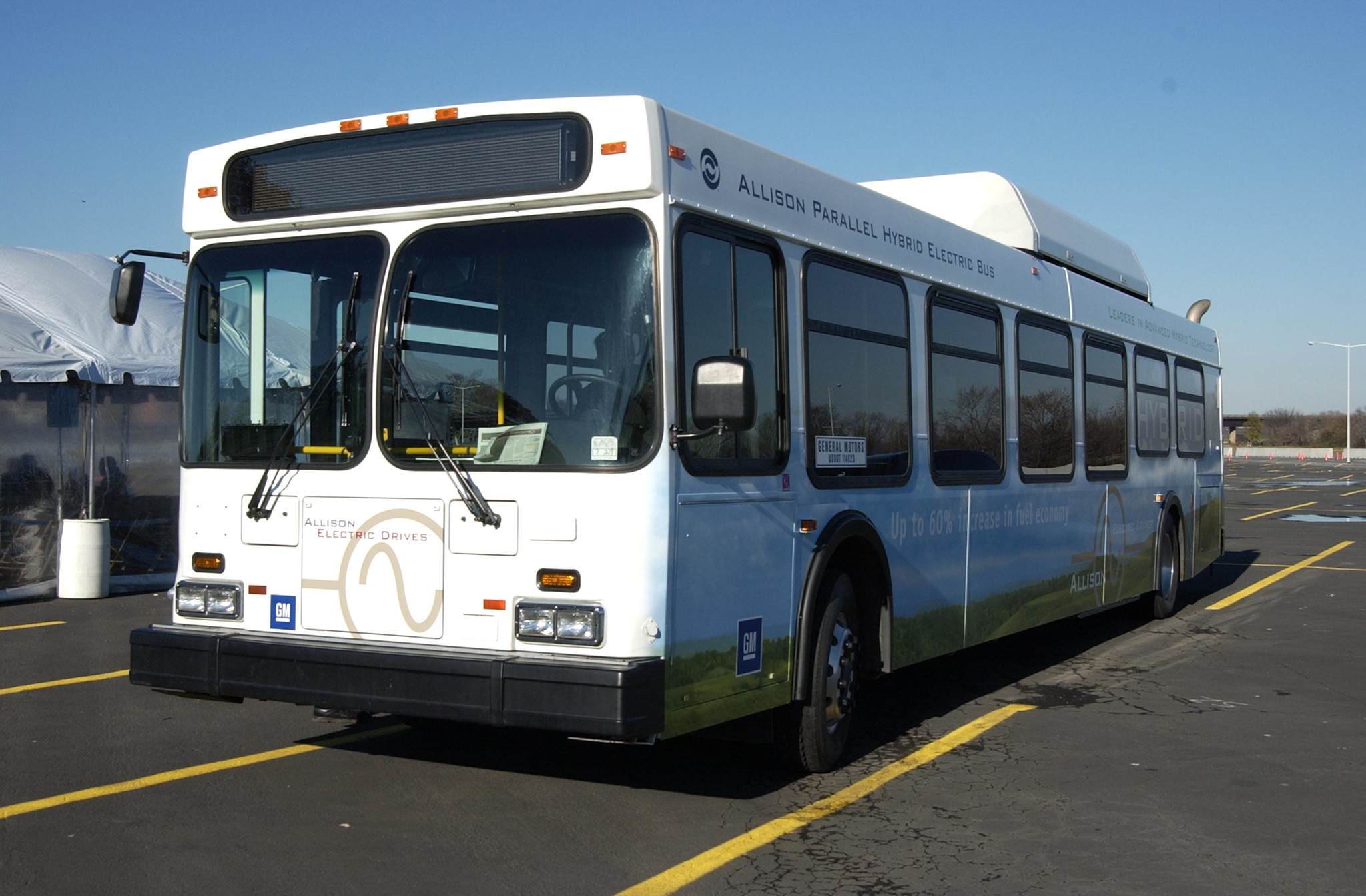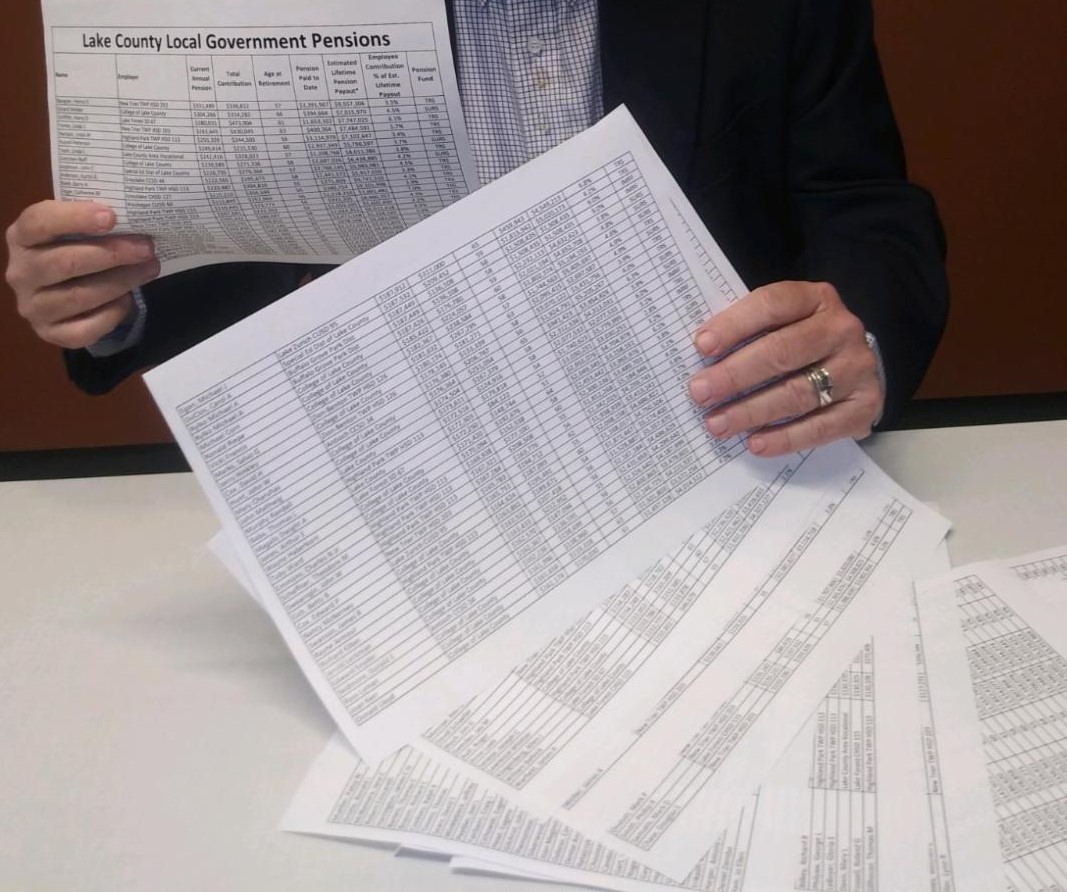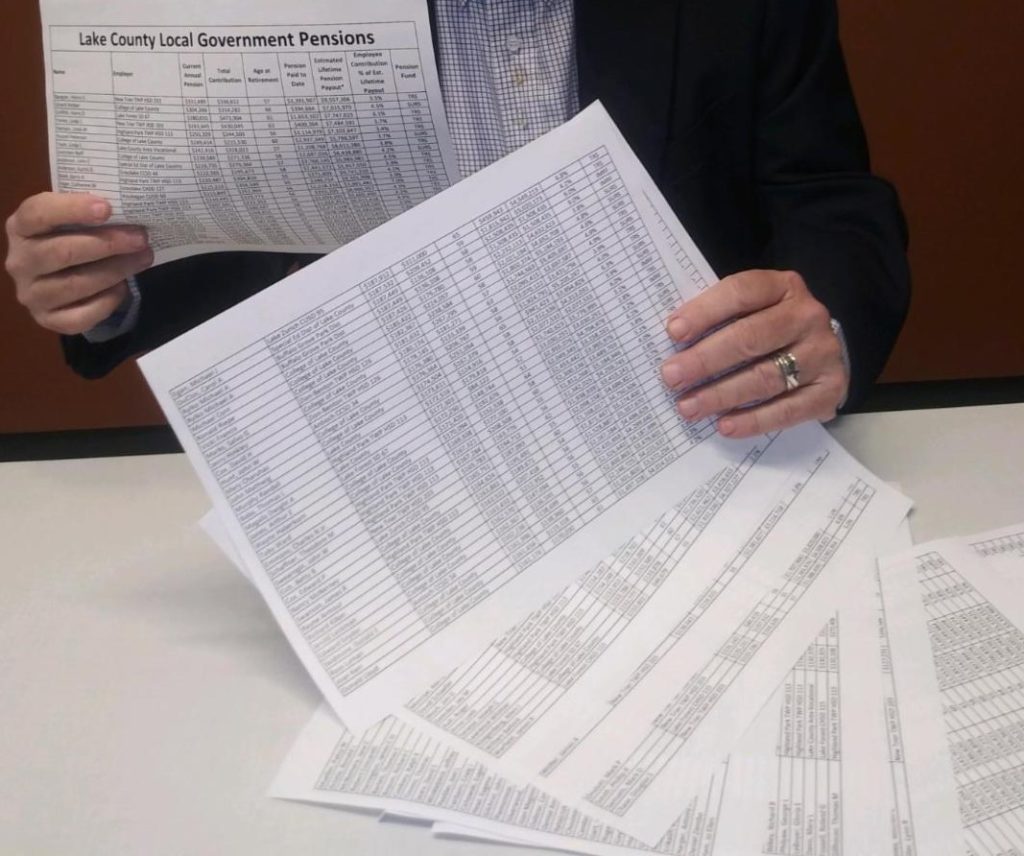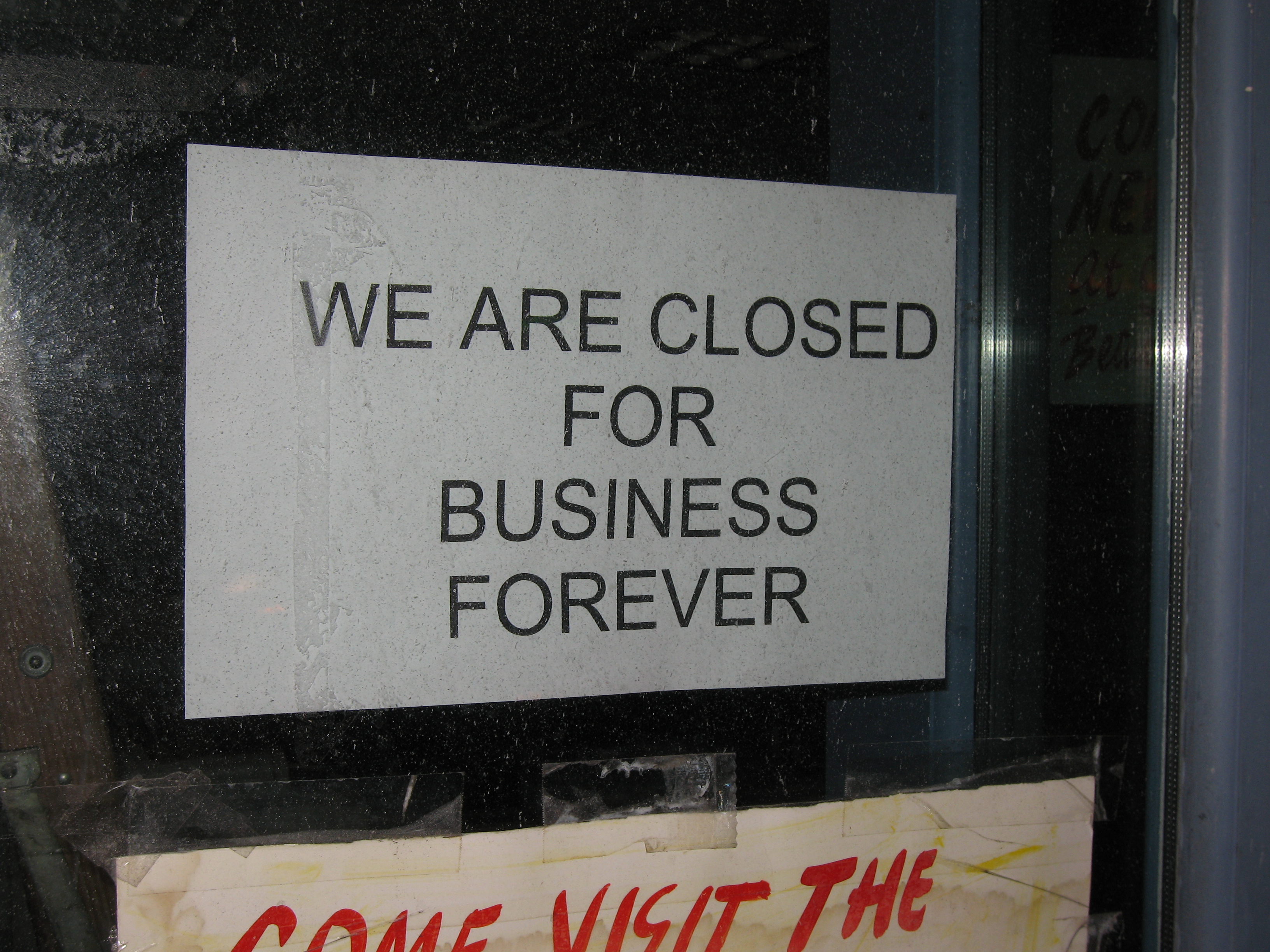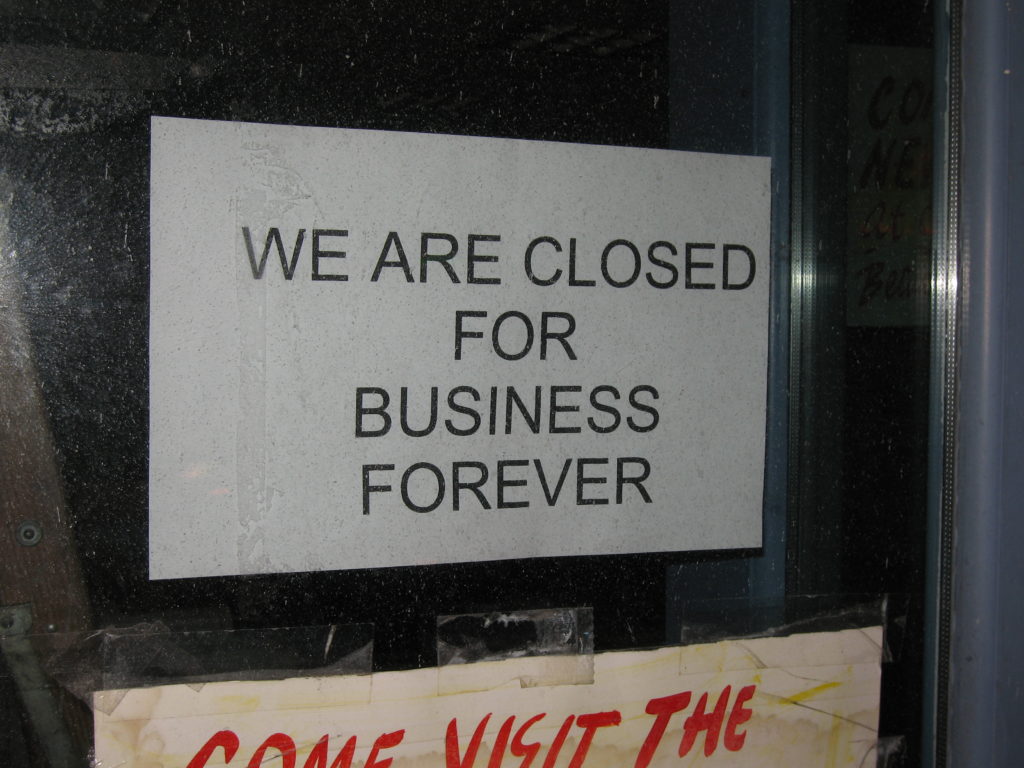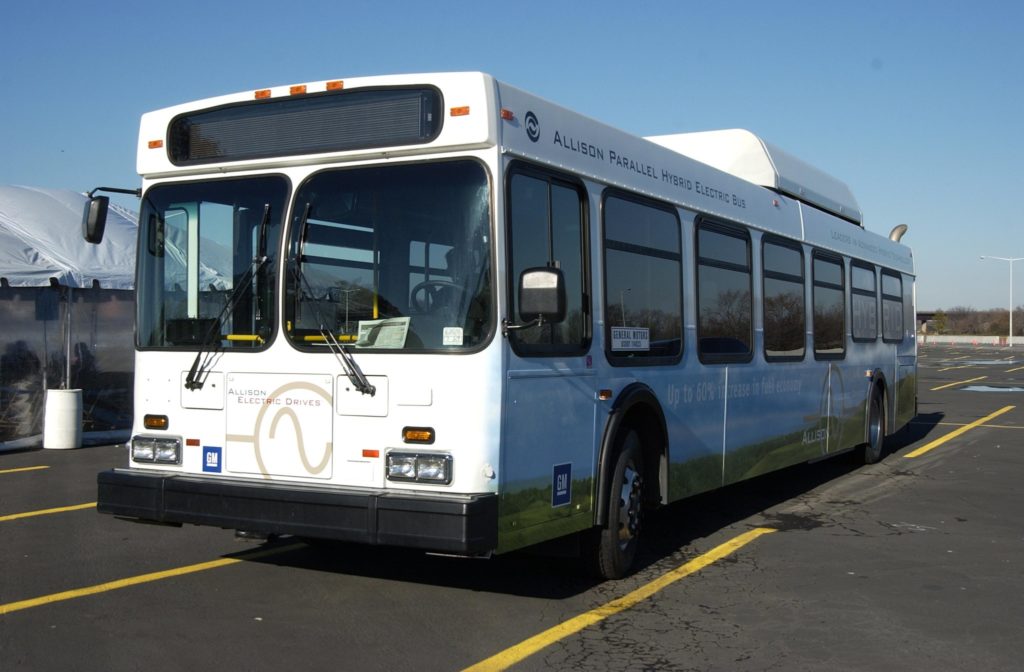
Raising taxes for “infrastructure” is a scam that helps politicians but not commuters, according to Jim Tobin, president of Taxpayer Education Foundation (TEF).
“Politicians want to raise taxes for infrastructure because new projects give taxpayers the impression they are getting shiny new things for their money,” said Tobin. “But, in fact, these projects actually harm commuters.”
“Several studies by transportation expert Randal O’Toole, Senior Fellow at the Cato Institute, show that with the exception of New York City subway ridership, the future for the rest of the government transit industry is dim. Yet billions of dollars are still being poured into declining government transit systems instead of improving roads.”
“O’Toole provides some startling statistics to illustrate these facts.”
- Other than New York City subways, nationwide ridership fell 1.2 percent for 2019 as a whole.
- When compared with 2014 ridership, 2019 ridership fell in 44 out of the 50 largest urban areas.
- Transit buses, including commuter buses, trolley buses, and bus-rapid transit as well as conventional buses, carried fewer riders in 2019 than in any year since 1939.
- Light rail is also doing poorly, losing more than 4 percent of its riders in 2019.
- Government Transit is not healthy in almost all urban areas. Los Angeles and Washington ridership peaked in about 2008; Chicago in 2012; and the others in 2013 or 2014. If government transit can’t thrive in Chicago, which has the nation’s second-largest downtown, then it is really becoming a one-urban-area industry (New York).
- Whenever it opens a new light-rail line, Los Angeles loses five bus riders for every light-rail rider it gains, and even light-rail ridership declines in years that it doesn’t open new lines.
“O’Toole shows that building government rail transit usually does more harm than good to a transit system. Gasoline is cheap and autos provide people access to far more jobs and other economic opportunities than transit,” said Tobin.
“Interstate Highways, called the world’s best transportation system, were paid for entirely out of federal and state highway user fees. There is little justification for raising more taxes and trying to get people out of their cars and onto transit, which in turn means there is little justification for the tens of billions of dollars of annual subsidies American taxpayers give to the government transit industry.”
